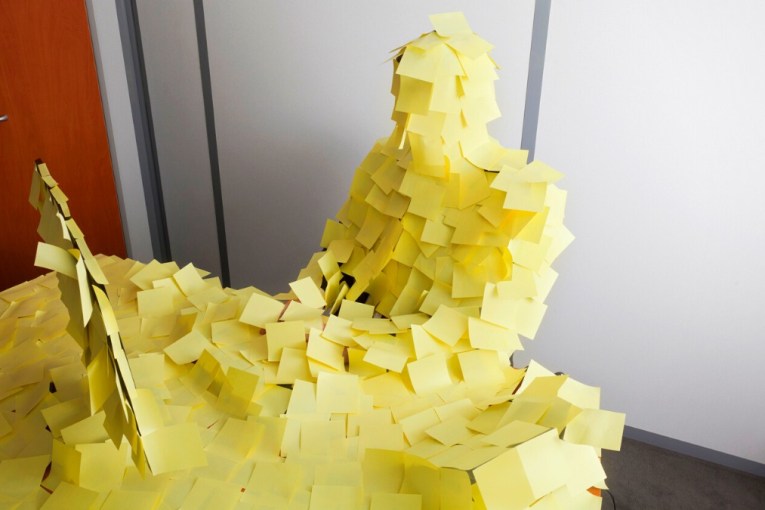Crown Casino, pokies manufacturer sued after woman’s 14-year gambling addiction

Shonica Guy was addicted to gambling for 14 years. Photo: AAP
A woman is suing Crown Casino and a poker machine manufacturer in a landmark court hearing after she was addicted to gambling for 14 years on the basis they are deceptively designed.
“This case isn’t just about me, I want this to stop happening to other people,” Ms Guy said.
“For too long now we’ve been told that it’s our fault and we are the only ones to blame for pokies addiction.
“I want this case to show that the machines are misleading and the industry knows that their machines are addictive and they are designed to get us hooked.”
Ron Merkel QC, representing Ms Guy, told the court there was a “very close working relationship” between Crown and Aristocrat.
He said that more than 1000 of the 2600 poker machines on the floor of the Melbourne casino were made and designed by Aristocrat.
Ms Guy is arguing that the reels, symbols and other design features of Aristocrat’s Dolphin Treasure machine misrepresent the true chances of winning.
Crown operates 38 Dolphin Treasure machines.
Robert Gray QC has been taking Justice Debbie Mortimer through a simulated play of the Dolphin Treasure machine showing the various line plays, noises and visual displays.

Ms Guy (second from the right) Senator Larissa Waters, Senator Nick Xenophon and Member for Denison Andrew Wilkie (left), pose for a photograph last year. Photo: AAP
“You’ll have to bear with me — I know absolutely nothing about how poker machines work,” Justice Mortimer told the court.
Pokies info should ‘fairly represent’ odds
Maurice Blackburn’s head of social justice, Jennifer Kanis, said Ms Guy was not seeking damages from the industry, but rather wanted to shine a light on the industry’s practices.
“Firstly, what you see is not what you get when you play a poker machine. You see five reels spinning, you think that they are all the same size, but in fact the fifth reel is much larger than the first four. This dramatically decreases your chances of winning,” Ms Kanis said.
“Secondly, it appears that the symbols are evenly distributed on the reels as they spin. In fact, those symbols are not evenly distributed.”
Thirdly, she said, information on the machines reported that 87 per cent of money waged was returned to players.
“That information is an average over millions of spins. In fact what your chances of winning any one spin bear no resemblance to that 87 per cent return to player.”
Ms Kanis said poker machines were designed to give the feeling of a win, even when a player was losing money.

Ms Guy and Jennifer Kanis, Maurice Blackburn’s head of social justice (right), walk to the Federal court in Melbourne. Photo: AAP
“You might bet $10 on a spin and get a return of $2, you get the lights and sounds of a win, when in fact you’ve lost $8,” she said.
Maurice Blackburn, which is acting pro bono, said it was not bringing the case in the hope that poker machines would be banned, but wanted poker machines on the market to offer “fair representation” of a player’s chances of winning.
“Our view that this case will have ramifications across the industry and across other machines.”
Aristocrat and Crown deny the allegations.
The trial is set down for three weeks.








